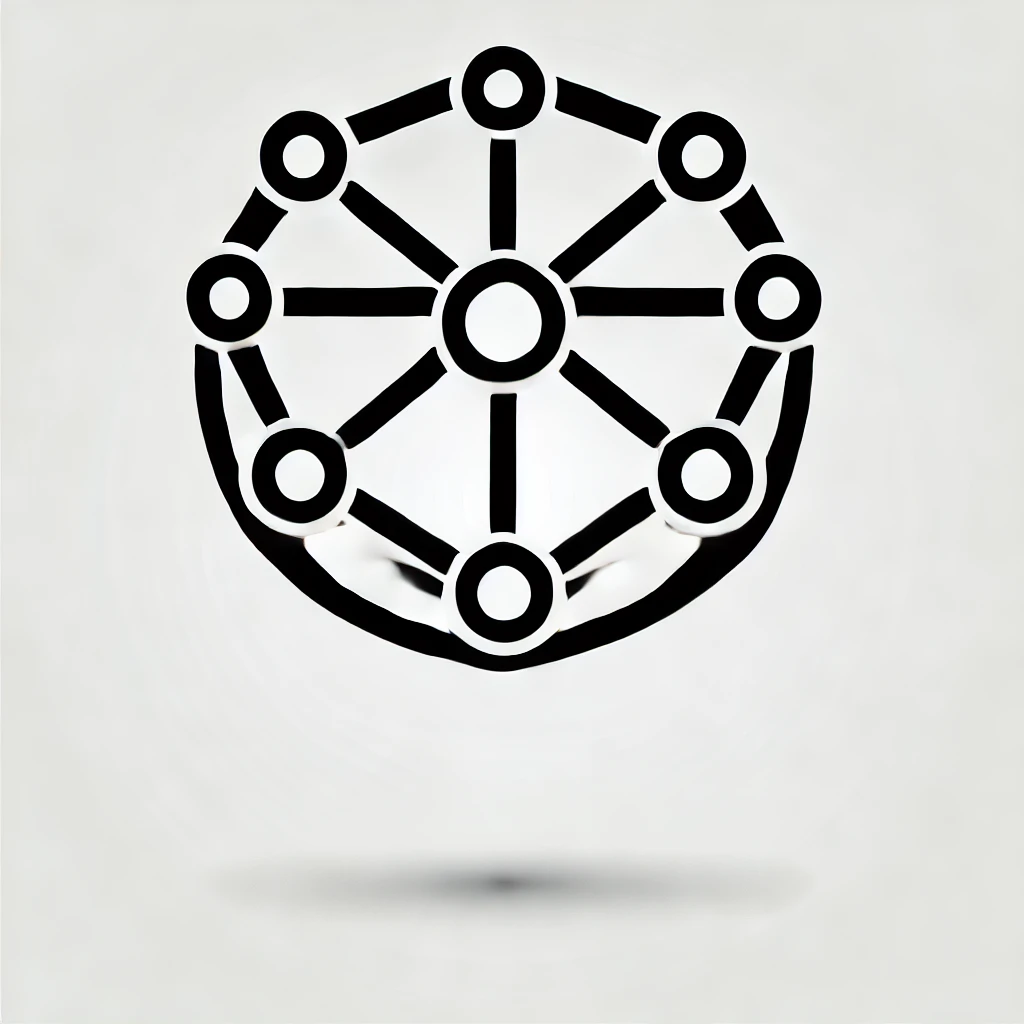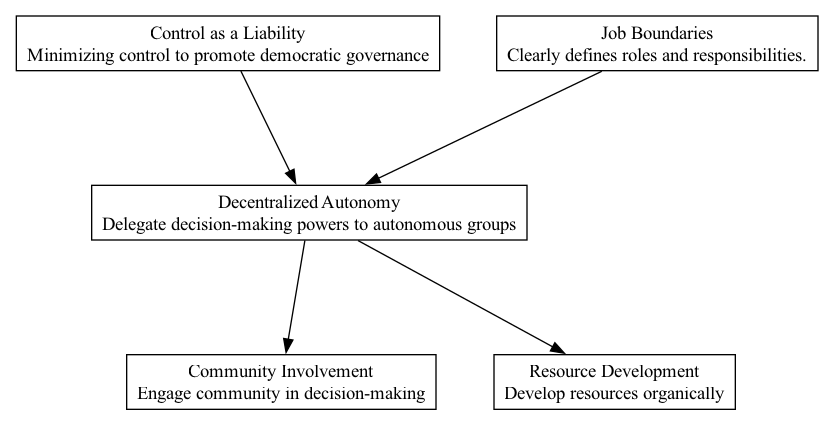Home / Contents / Donations / News / Contact
DAU - Decentralized Autonomy

Supports:
Context:
In dynamic, decentralized organizations—particularly those deploying capital in various forms such as grants, bounties, and investments—the need for an adaptive and responsive governance structure is crucial. A centralized command often proves too rigid or slow to react to the fast-paced changes and distributed nature of these ecosystems.
Problem:
Traditional, centralized models of governance and decision-making impede scalability and rapid adaptation in decentralized networks. Centralized governance can lead to bottlenecks, decreased community engagement, and misalignment between the needs of the community and the actions of the leadership.
Forces:
- Scalability vs. Control: The need to scale decision-making without losing strategic control.
- Community Trust vs. Governance Efficacy: Balancing efficient governance with maintaining the community’s trust and participation.
- Responsiveness vs. Consistency: The challenge of remaining responsive to new information while providing consistent governance.
Solution:
Implement decentralized autonomy by structuring the DAO to have autonomous groups or sub-communities that operate semi-independently under the overall DAO’s framework. These groups are empowered with decision-making authority relevant to their specific domains or projects. Governance is encoded into smart contracts, which automate agreed-upon rules and reduce reliance on central figures. This structure not only speeds up decision-making by reducing bottlenecks but also enhances engagement by making governance more relevant to participants’ direct interests.
- Autonomous Cells: Divide the DAO into smaller, autonomous cells that can operate independently.
- Smart Contracts for Governance: Use smart contracts to enforce rules and decisions automatically, ensuring decisions are made swiftly and transparently.
- Token-Based Voting: Implement token-based voting systems granting voting power based on stakeholding, contribution, or other relevant metrics, ensuring that those impacted by decisions have a say in them.
Therefore:
Embrace decentralized autonomy to enhance scalability, responsiveness, and community engagement within the DAO by allowing autonomous groups to govern themselves within the larger ecosystem’s guidelines. This will lead to a more agile, involved, and efficient operational model.
Supported By:
